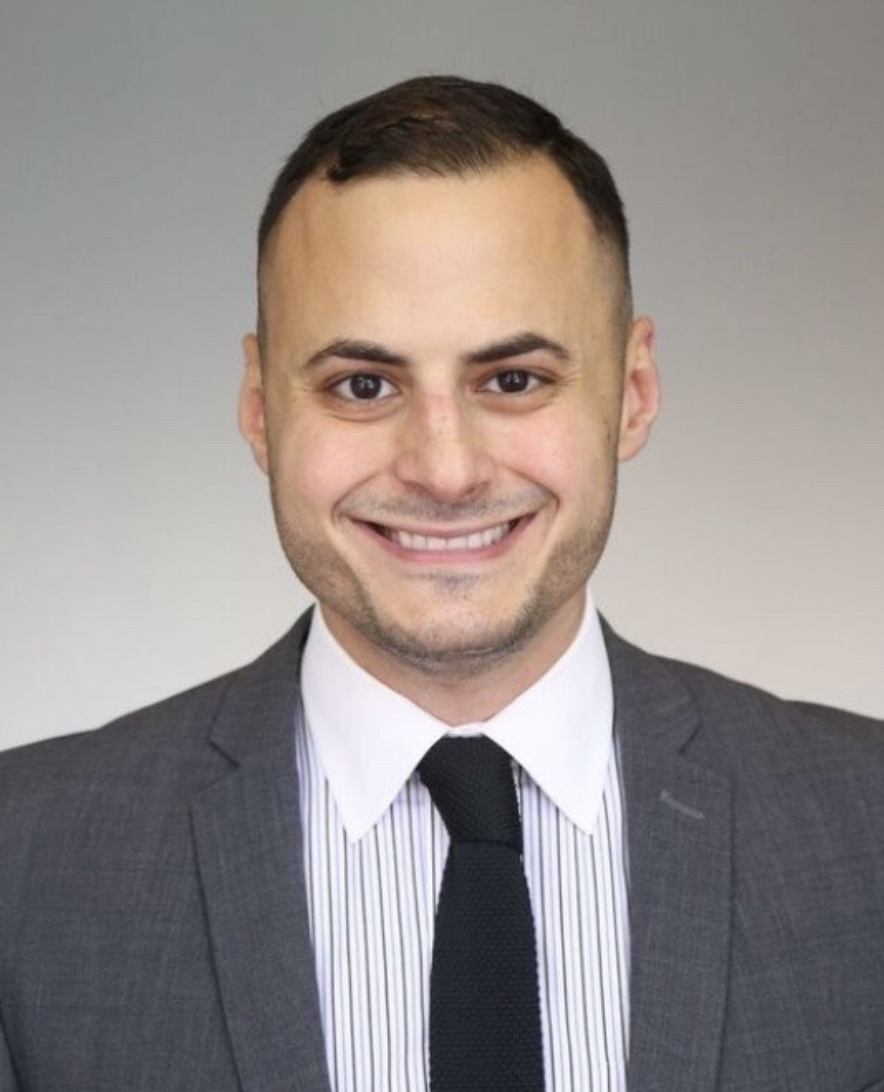Listen Now
Topics Covered
- Overview of Lobular Breast Cancer
- Understanding Your Pathology Report for Lobular Carcinoma in Situ (LCIS)
- Understanding Your Pathology Report for Invasive Lobular Carcinoma
- The Role of Genetic Testing & Counseling
- Current Standard of Care, including Surgery
- New Treatment Approaches
- Updates on Clinical Trials
- How Clinical Research Increases Your Treatment Options
- Biomarkers, Diagnostic Testing and Technologies: Why They Are Important in Informing Treatment Decisions for Invasive Lobular Carcinoma
- Preventing and Managing Treatment Side Effects, Symptoms, Discomfort and Pain
- Communicating with Your Health Care Team about Quality-of-Life Concerns
- Guidelines for Preparing for Telehealth/Telemedicine Appointments, including Technology, Prepared List of Questions & Discussion of OpenNotes
- Questions for Our Panel of Experts
Our Panel of Experts

Rebecca A. Shatsky, MD
Medical Oncologist, Associate Professor of Medicine, UCSan Diego Health

Wade Smith, MD
Breast Cancer Specialist, Assistant Clinical Professor, Department of Medical Oncology & Therapeutics Research, City of Hope, Newport Beach, California

Kamel Abou Hussein, MD
Assistant Professor of Medicine, Cooper Medical School of Rowan University, Adjunct Assistant Professor, Department of Breast Medical Oncology, MD Anderson Cancer Center, Co-Director of the Janet Knowles Breast Cancer Program, Director of Breast Cancer Clinical Trials, MD Anderson Cancer Center at Cooper

Carolyn Messner, DSW, BCD, FAPOS, FAOSW
Senior Director of Education and Training, CancerCare
Brochure
You can download the brochure for this workshop
Workshop Date
This workshop was originally recorded on March 29, 2023.

